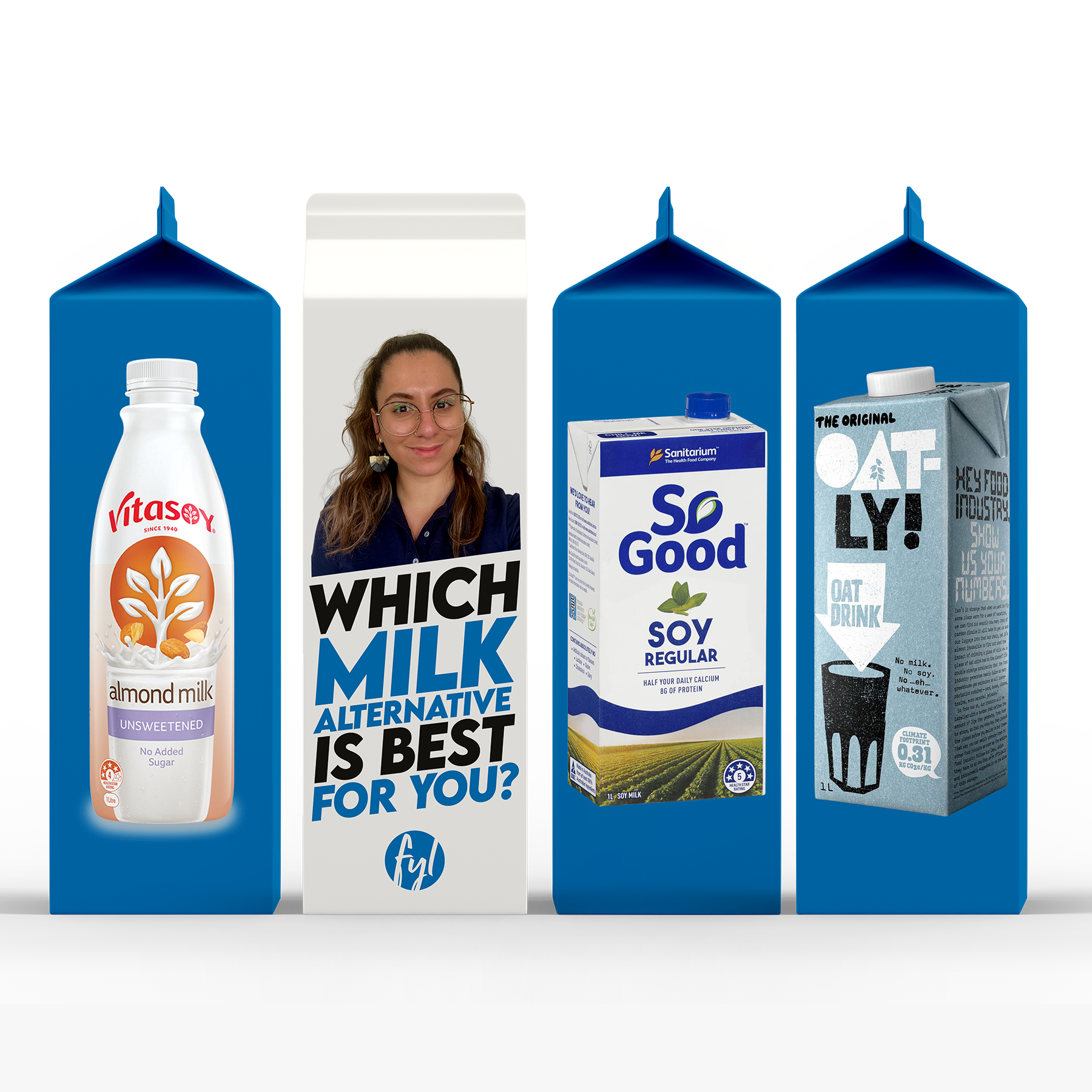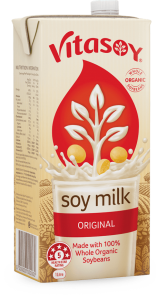Cow’s milk offers a lot in terms of nutrition quality – so when comparing milk options, we use cows as the benchmark to rank others against. If you choose not to drink cow’s milk, then you likely would have ventured down the milk alternative aisle at supermarkets and noticed there are a LOT of alternatives available.
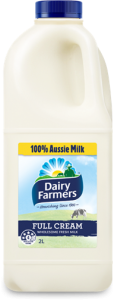 In fact, there over 80 products available within the alternative milk section at most supermarkets, and nearly all of them have some form of nutrition/health claim attached. With all these options available, it can be overwhelming picking the right product – especially when you’re not sure what you’re looking for.
In fact, there over 80 products available within the alternative milk section at most supermarkets, and nearly all of them have some form of nutrition/health claim attached. With all these options available, it can be overwhelming picking the right product – especially when you’re not sure what you’re looking for.
So, to give you some perspective. Per 100ml, full cream cow’s milk generally contains:
- 280kJ
- 3.4g protein
- 3.4g fat
- 6g carbohydrates
- 104mg calcium
Plus, it’s a good source of vitamins A, D, B2 and B12.
Our dietitian’s decided it’s time to sift through all the options available and give perspective on the best products (at the moment) and why.
Soy Milk
Most dietitians will turn to soy milk as their first choice for alternative milks – this is because soy milk’s nutrition composition is very similar to full cream cow’s milk.
Per 100ml, soy milk generally contains:
- 230kJ
- 3.1g protein
- 3g fat
- 3.6g carbohydrates
Most soy milk brands are fortified with calcium so that per 100ml, it contains at least 100mg. As an added bonus, some brands fortify with Vitamin A, D, B2 and B12. Because soy milk mimic’s the nutrition quality of cow’s milk so well, a fortified soy milk product is suitable for children under the age of 5.
Unfortunately, not all soy milk products are fortified with calcium. Most, if not all, of the “barista” labelled products are not fortified to meet the same level as cow’s milk (despite the creamy flavour).
Verdict
If you’re looking for a soy milk product that is nutritionally complete and mimics the profile of cow’s milk, then we suggest going for the following products:
- Vita-Soy Soy Milk
- So Good Soy Milk
- Coles/Woolworths Homebrand Soy Milk
If you’re concerned about your protein or calcium intake, however, try these:
- Vita-Soy Protein+ (4g protein/100ml)
- Vita-Soy Calci-Plus (160mg calcium/100ml).
Almond Milk
Almond milk is not traditionally our (dietitian’s) first choice for milk alternatives as it is significantly lower in energy, fat and protein content compared to cows or soy milk.
Per 100ml, almond unsweetened milk generally contains:
- 123kJ
- 0.6g protein
- 1.4g fat
- 3.6g carbohydrates
There are a few almond milk brands that fortify with calcium, and fewer than fortify with vitamin A, D, B2 and B12.
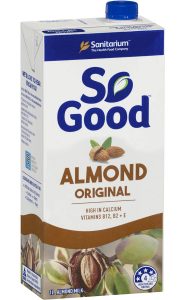 The positive associated with almond milk is that if you’re a lover of milk beverages and consume a large amount of them, switching to almond milk will help to reduce your energy intake, as almond milk has half the energy of soy milk. This is particularly beneficial if you’re trying to lose weight.
The positive associated with almond milk is that if you’re a lover of milk beverages and consume a large amount of them, switching to almond milk will help to reduce your energy intake, as almond milk has half the energy of soy milk. This is particularly beneficial if you’re trying to lose weight.
Verdict
If you’re not concerned about your protein intake, we suggest:
- So Good Almond Milk (120mg/100ml, also fortified with B2 and B12)
- Vita-Soy Almond Unsweetened Milk (120mg calcium /100ml)
If you’re wanting to increase your fibre intake and/or focus on improving your gut health, then you could try Vita-Soy Prebiotic Almond Milk. This product contains 1.6g of prebiotic fibres and is calcium-fortified too.
Oat Milk
Similar to almond milk, oat milk is significantly lower in protein compared to cows and soy milk.
Per 100ml oat milk generally contains:
- 220kJ
- 1.5g protein
- 2g fat
- 6.5g carbohydrates
The main difference between oat and almond milk is the fibre content. Oat milk contains 0.9g of fibre per 100ml, although, this fibre content still isn’t that impressive if you’re worried about your fibre intake. However, Vita-Soy Prebiotic Oat Milk is one exception to this – providing a whopping 2.4g of fibre per 100ml.
Verdict
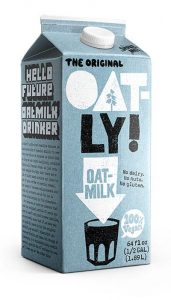 Overall, we wouldn’t usually recommend oat milk as a regular milk alternative due to the lack of protein and vitamin and mineral content. Currently, there are 2 brands that fortify their oat milk with calcium but no other nutrients, unfortunately.
Overall, we wouldn’t usually recommend oat milk as a regular milk alternative due to the lack of protein and vitamin and mineral content. Currently, there are 2 brands that fortify their oat milk with calcium but no other nutrients, unfortunately.
- Vita-Soy Oat milk (120mg calcium /100ml)
- Oatly Oat Milk (120mg calcium /100ml)
If you’re not concerned about your protein intake but are looking to boost your fibre intake, then we’d suggest Vita-Soy Prebiotic Oat Milk.
Which Is The Best Milk Alternative?
The best milk alternative really does depend on your overall intake and what nutrients you’re wanting to get from your milk. Traditionally, milk is consumed (other than for taste) for its protein, calcium and vitamin content. If a general all-rounder is what you want – we’d suggest a fortified soy milk. If your needs are a little more individual, then looking into the other products might be worthwhile.
Not sure which milk is best for you? A dietitian will be able to identify your goals and choose a milk product that will benefit you best. Hit us up to speak with one of our practitioners!




